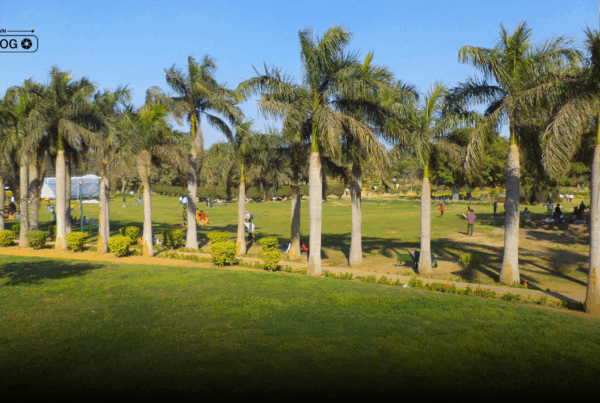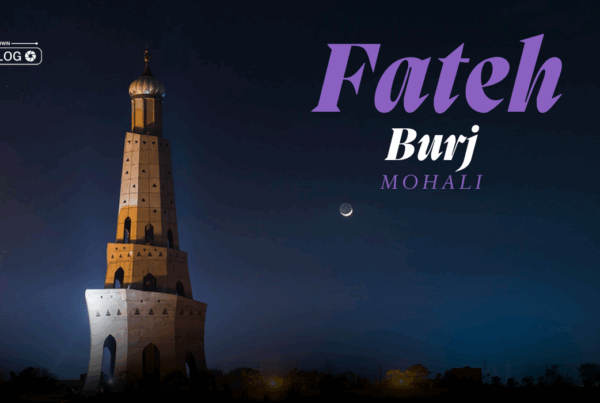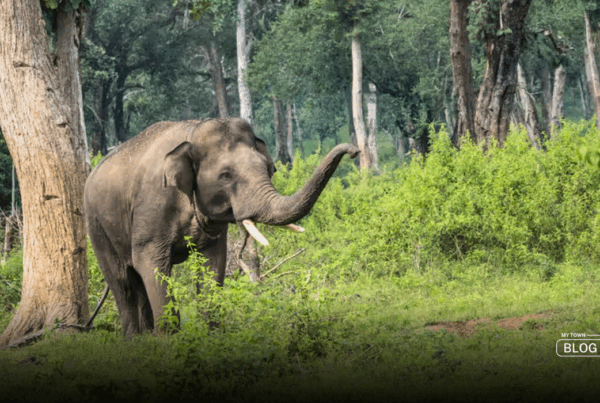In a striking development that has amplified the ongoing diplomatic discord. India has taken the unprecedented step of suspending visa issuance to Canadian citizens. This drastic move comes amidst an escalating crisis sparked by allegations linking the Indian state to the assassination of a Sikh separatist leader on Canadian soil. As tensions continue to mount and diplomats are expelled in retaliation. The international community is closely watching the unfolding drama in a bilateral relationship that has reached a critical juncture: India Suspends Canadian Visas.
Visa Suspensions Amid Escalating Tensions
In the midst of mounting tensions stemming from a dispute over the killing of a Sikh separatist on Canadian soil. India has temporarily ceased granting visas to Canadian citizens. This move comes in response to perceived security threats that have disrupted the normal operations of Indian missions in Canada.
Allegations and denials
The tension escalated earlier when Canadian Prime Minister Justin Trudeau suggested that India might be implicated in the killing, which occurred on June 18th. Nevertheless, Trudeau clarified that he did not intend to provoke India with this allegation. India swiftly rejected the accusation as absurd.
Diplomatic Strain and Safety Concerns
Relations between the two countries, which are key trade partners and security allies of the United States. Have been strained for several months and are now at an all-time low. Canada, in response to safety concerns, announced a reduction in its personnel in India. Citing threats received on social media by some of its diplomats.
Canada’s Indian Community and Visa Services
Canada is home to a significant Indian diaspora, with 1.4 million people of Indian origin, over half of whom are Sikhs. India also sends a substantial number of international students to Canada. Despite the visa suspension, Canadian visa services in India remain operational.
The Catalyst: The Murder of a Sikh Separatist
The recent escalation stems from Canada’s linkage to India and the murder of Hardeep Singh Nijjar. A Canadian citizen and separatist leader. He was fatally shot by two masked assailants outside a Sikh temple in British Columbia. Canada’s intelligence agencies are investigating possible involvement by agents of the government of India. India, on the other hand, contends that Canada is diverting attention away from Sikh extremists given shelter in the country.
Evidence and cooperation
When pressed for evidence linking India to the murder. Prime Minister Trudeau did not disclose specific details but emphasised the seriousness of the allegations. He called on Indian officials to cooperate with the investigation. However, India’s foreign ministry has stated that Canada has not shared specific information regarding Nijjar’s murder.
Canada’s Sikh Community and Protests
Canada hosts a significant Sikh population, with the highest number of Sikhs outside of Punjab. Consequently, the country has witnessed several pro-Khalistan protests and demonstrations. In June, reports emerged that India had lodged a formal complaint with Canada regarding the safety of its diplomats amidst rising tensions.
India’s Advisory to its Nationals
In its advisory, India cautioned its nationals to avoid travelling to regions and venues in Canada that have witnessed incidents related to anti-India activities. This advisory came in response to threats directed not only at Indian diplomats but also at Indians who oppose anti-India agendas within Canada.
India’s Reaction and Counterclaims
India reacted strongly to these allegations, asserting that Canada was attempting to divert attention from Khalistani terrorists and extremists who had found refuge in the country. This diplomatic standoff has raised questions about the future trajectory of relations between these two nations.
Canada’s Updated Travel Advisory for India
Notably, some Indian media reports suggested that India’s advisory was issued in response to a similar travel advisory for Canadian citizens travelling to India. However, Canada’s government clarified that the update to its travel advice for India was part of routine maintenance and not in response to any new risk information. The advisory for Canada asks its citizens to exercise a high degree of caution due to the risk of terrorist attacks throughout India.
Conclusion
India Suspends Canadian Visas stands as a testament to the profound diplomatic strains between these two nations. As allegations and counterclaims have taken center stage, the very fabric of their relationship has been tested. The visa freeze, stemming from a dispute over the assassination of a Sikh separatist leader, has intensified the already heightened tensions.
FAQs
How has Canada reacted to India Suspends Canadian Visas?
Canada responded to the suspension by expelling an Indian diplomat and investigating the allegations against India.
What impact does the visa suspension have on Canadian citizens?
Canadian citizens are temporarily unable to obtain Indian visas, impacting travel plans, family visits, and business engagements involving India.
Are there safety concerns for Indian diplomats and citizens in Canada that prompted this action?
India cited growing anti-India activities and concerns about the safety of its diplomats and citizens in Canada as reasons for the suspension.
How are the international communities responding to this visa suspension?
The international community is watching the situation closely, with concerns about the potential for further escalation and the impact on diplomatic relations between India and Canada.
What is the significance of Sikh community demographics in both countries in relation to this issue?
The significant Sikh population in Canada and India’s sensitivity to Sikh separatist movements have played a role in the escalating tensions and allegations.
Are there any historical precedents for visa suspensions between India and Canada or similar diplomatic disputes?
While tensions between nations can lead to diplomatic disputes and actions like visa suspensions, the specific circumstances of this dispute are unique, and it does not have an immediate historical precedent in recent bilateral relations.








